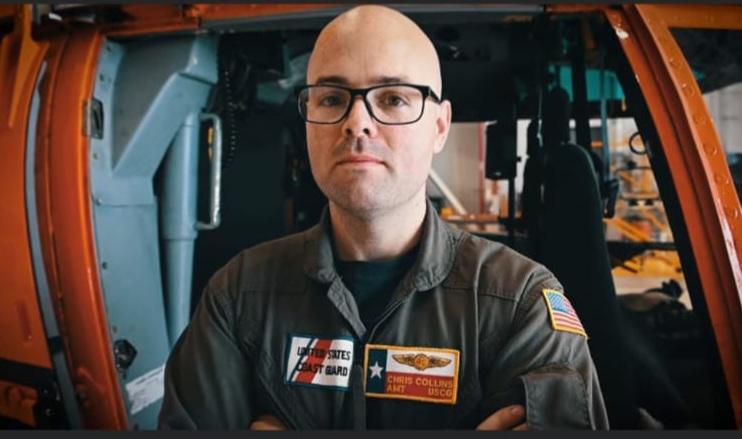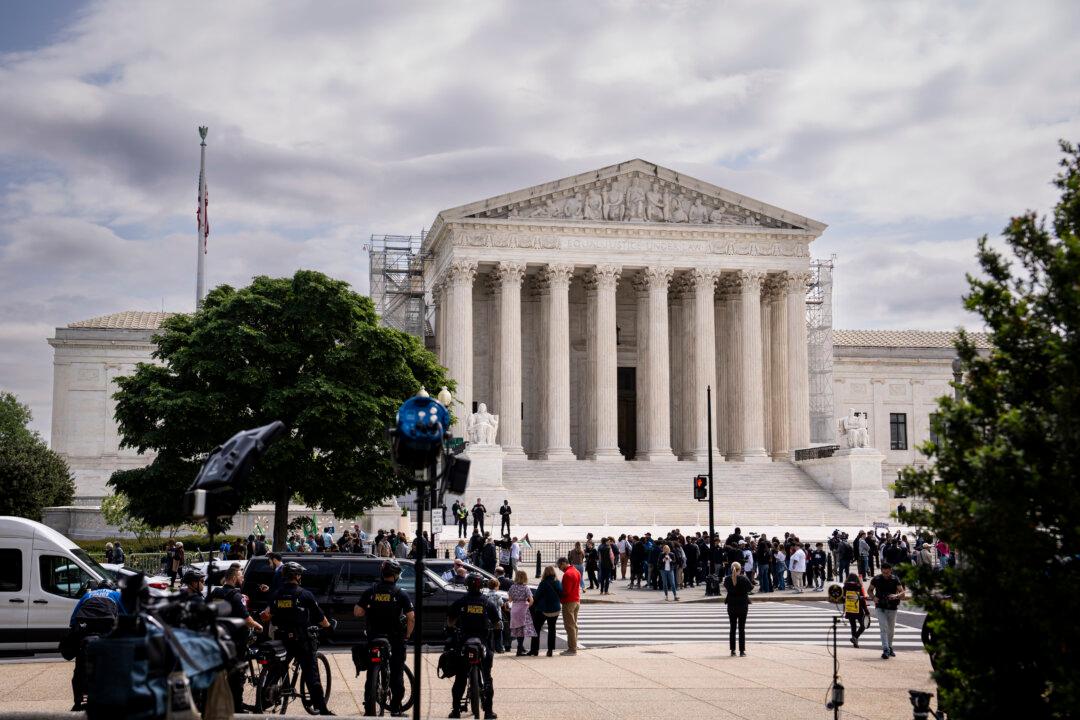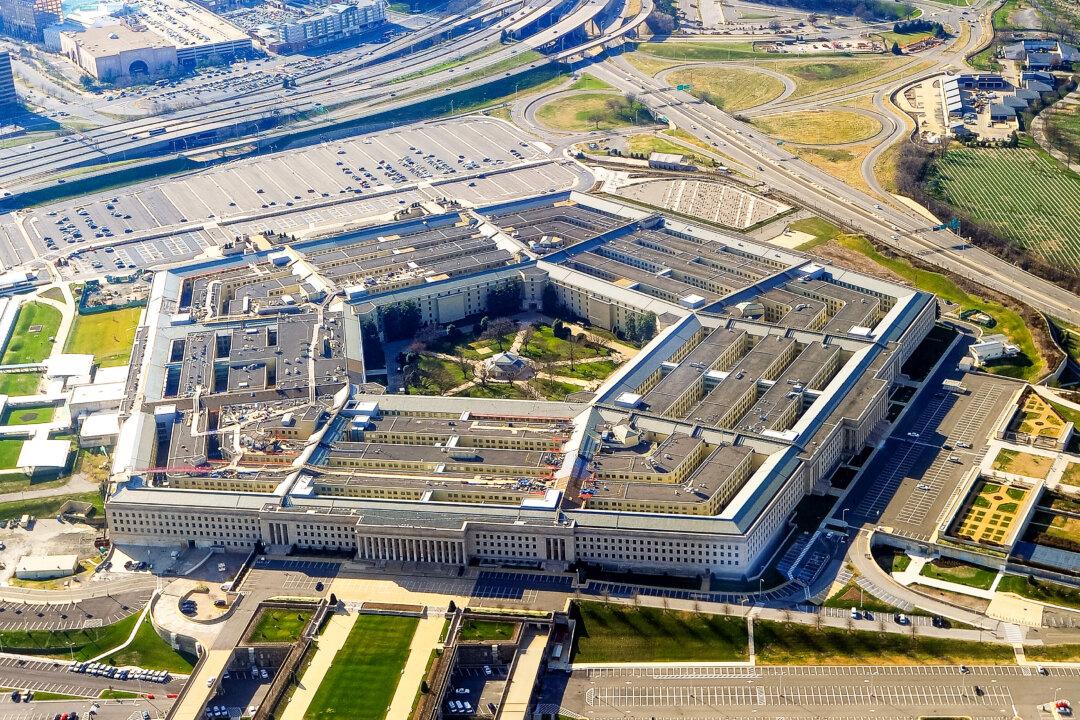Coast Guard personnel separated for refusing to take the COVID-19 vaccine say they have been denied the separation pay they have rightfully earned through years of honorable service.
Petty Officer Second Class (E-5) Chris Collins originally asked for a medical exemption, but his request was “outright denied” in October 2021, he told The Epoch Times. Collins had just recovered from COVID-19 and feared the vaccine would complicate matters. In the same month, his request for religious accommodation was also denied.




